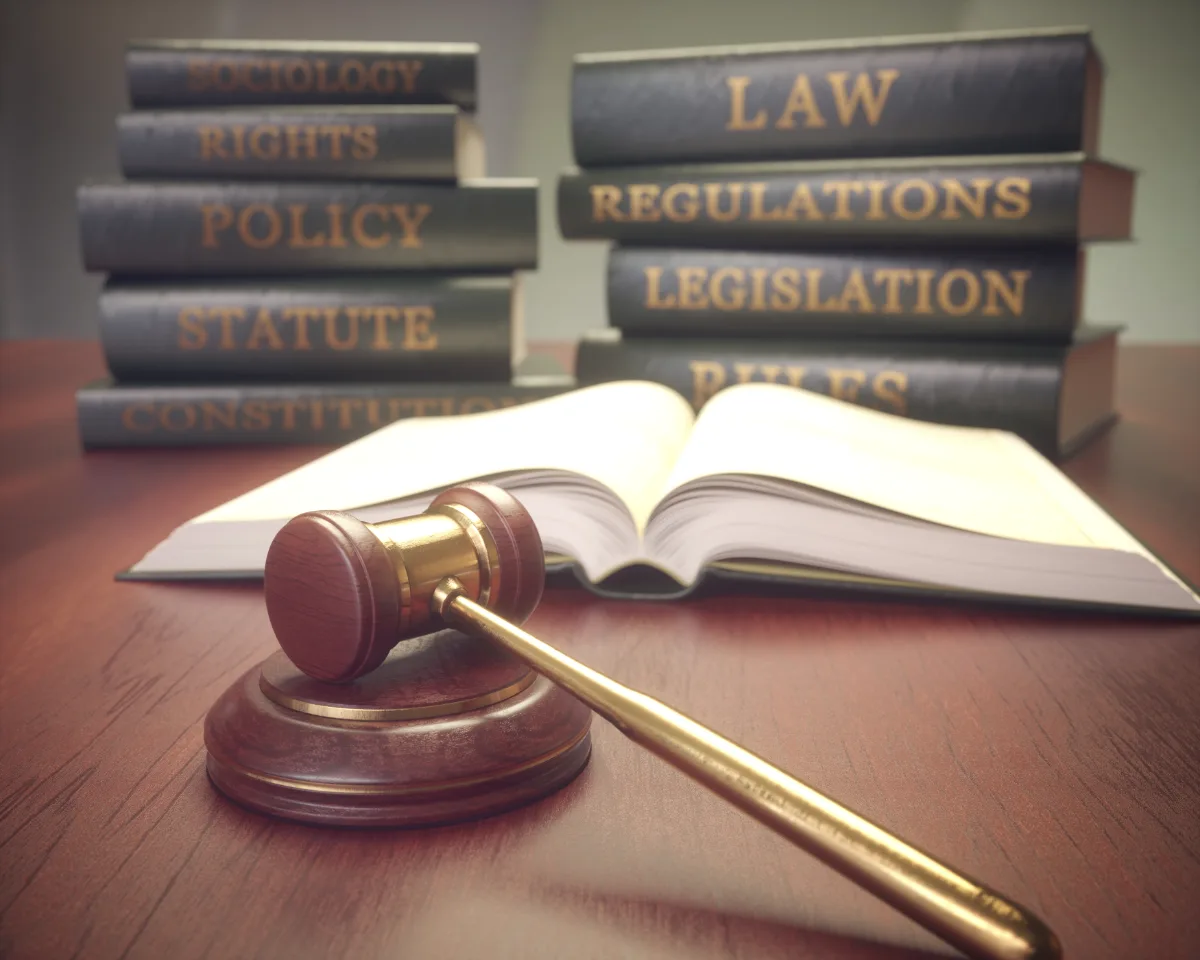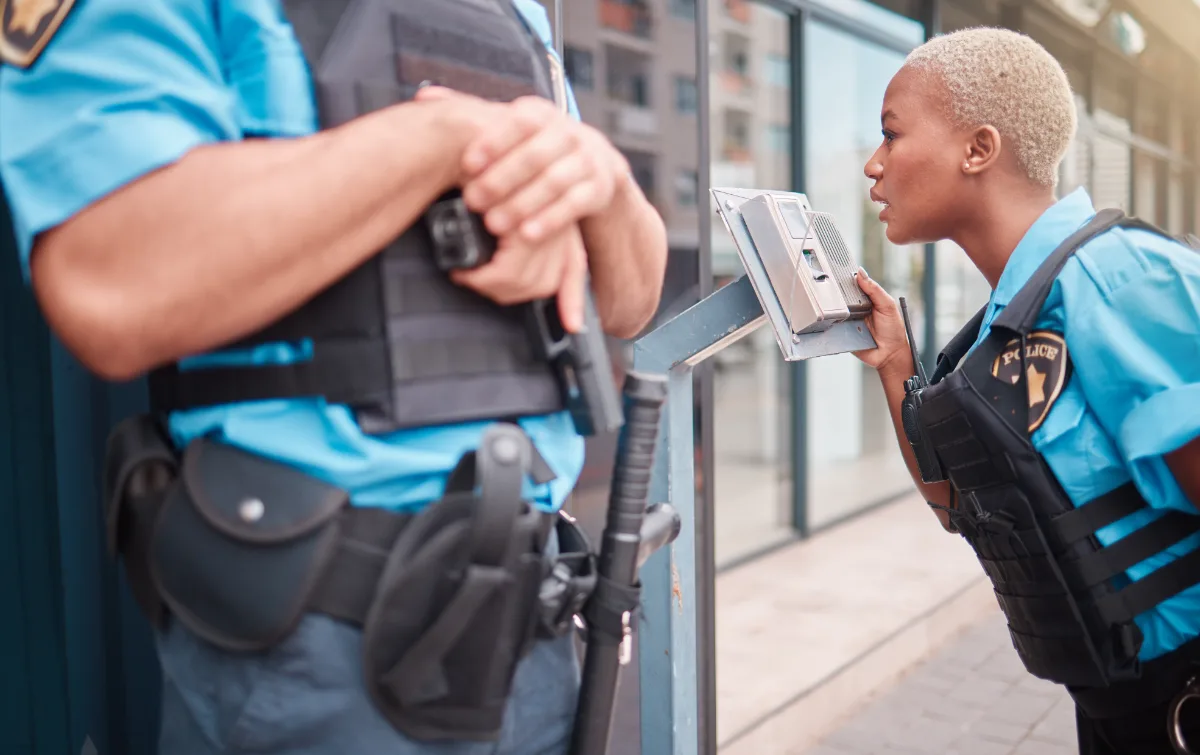WHAT IS ABUSE OF OFFICIAL CAPACITY IN TEXAS? The Texas law against abuse of official capacity prohibits a public servant from violating a law relating to his or her office or employment, or misusing government property, services, personnel, or other thing of value belonging to the government with the intent...













